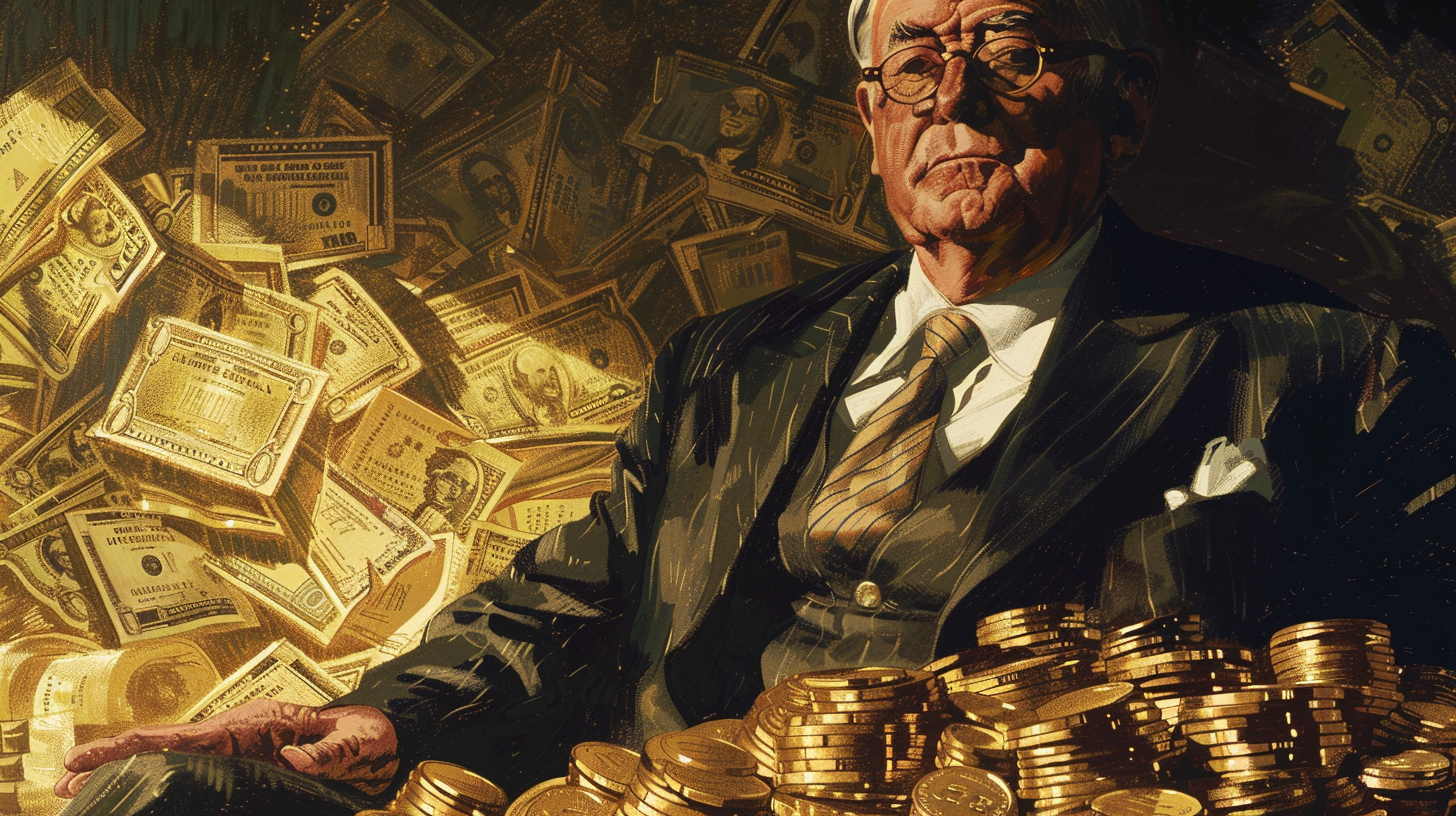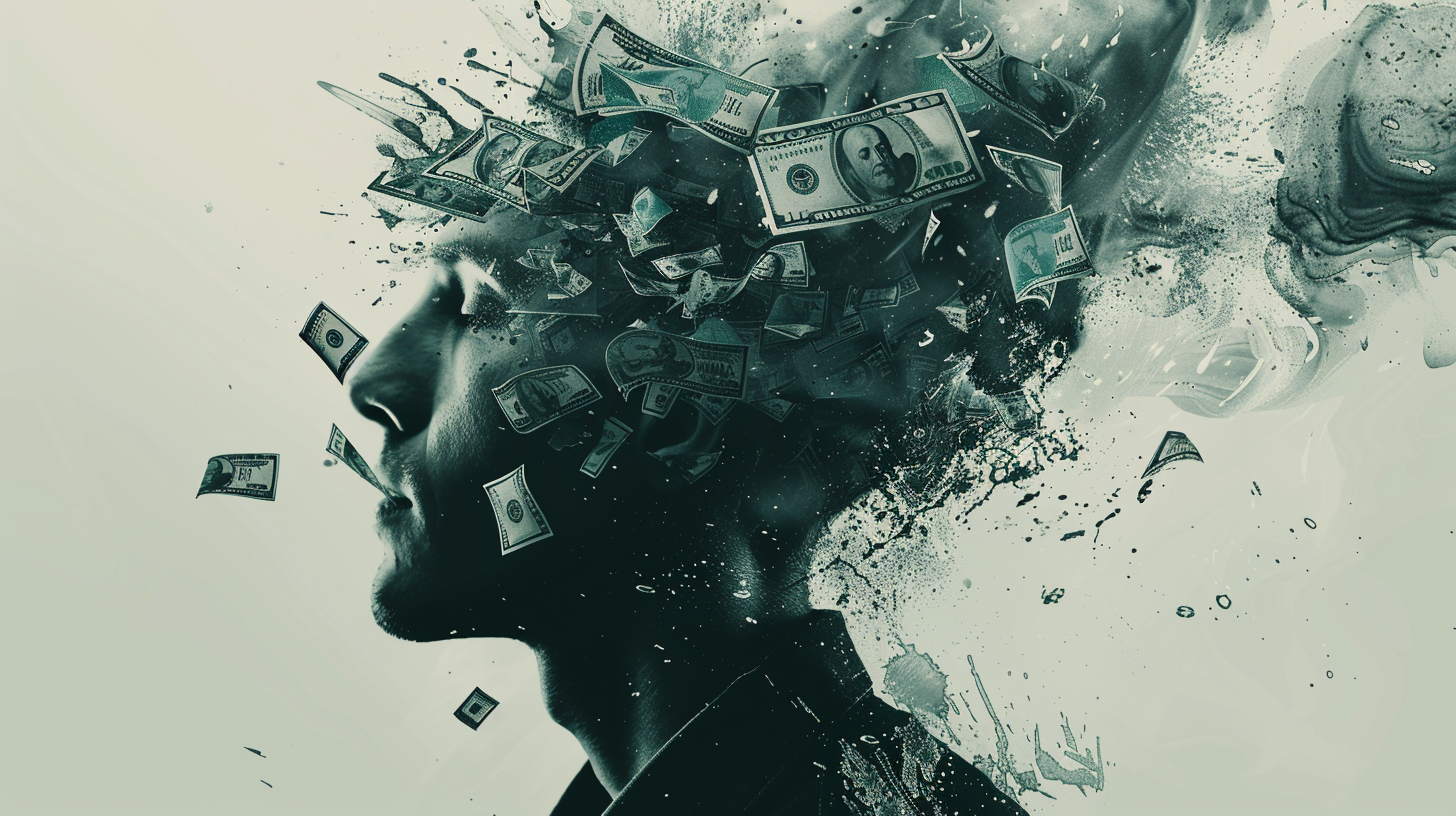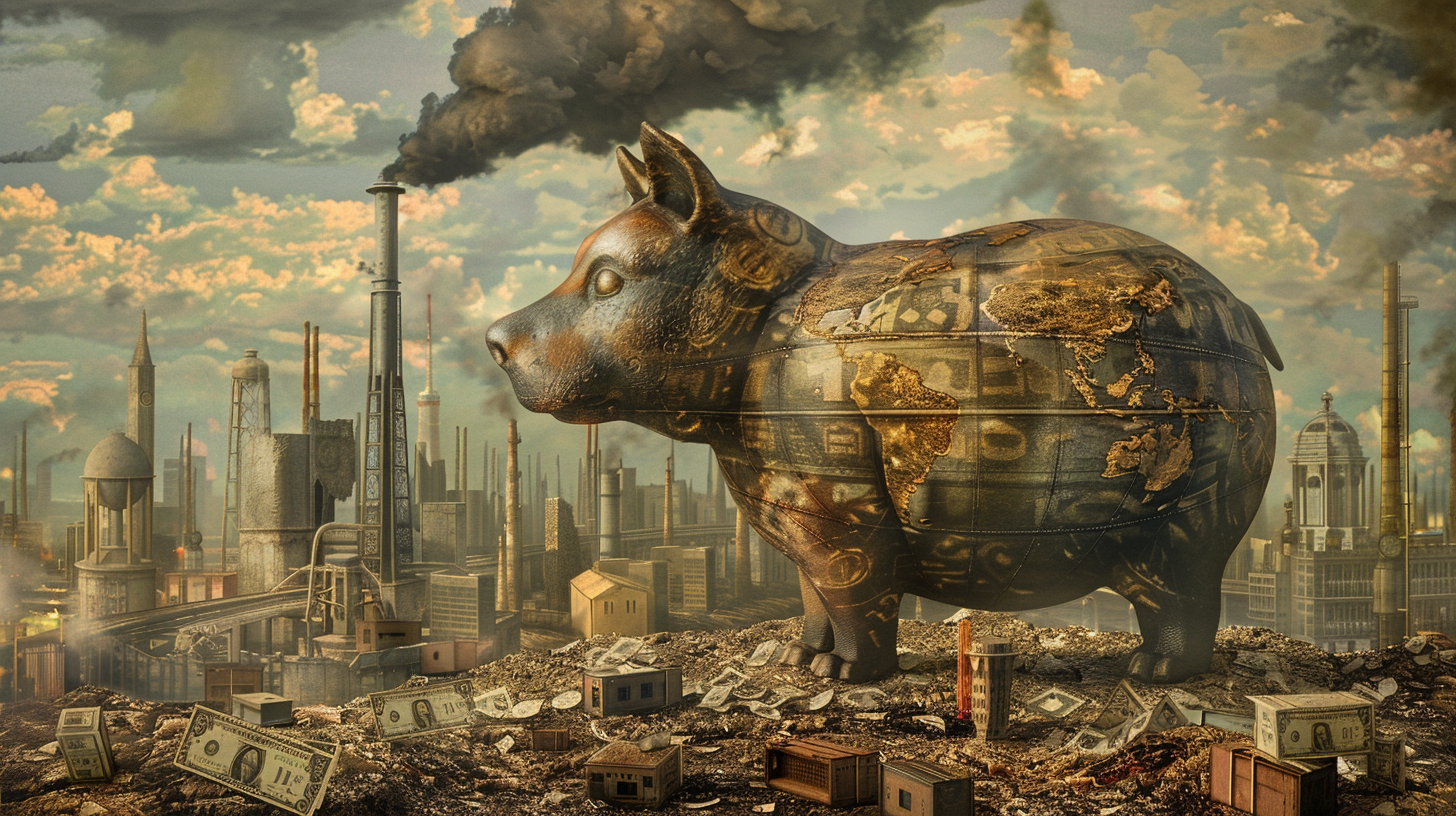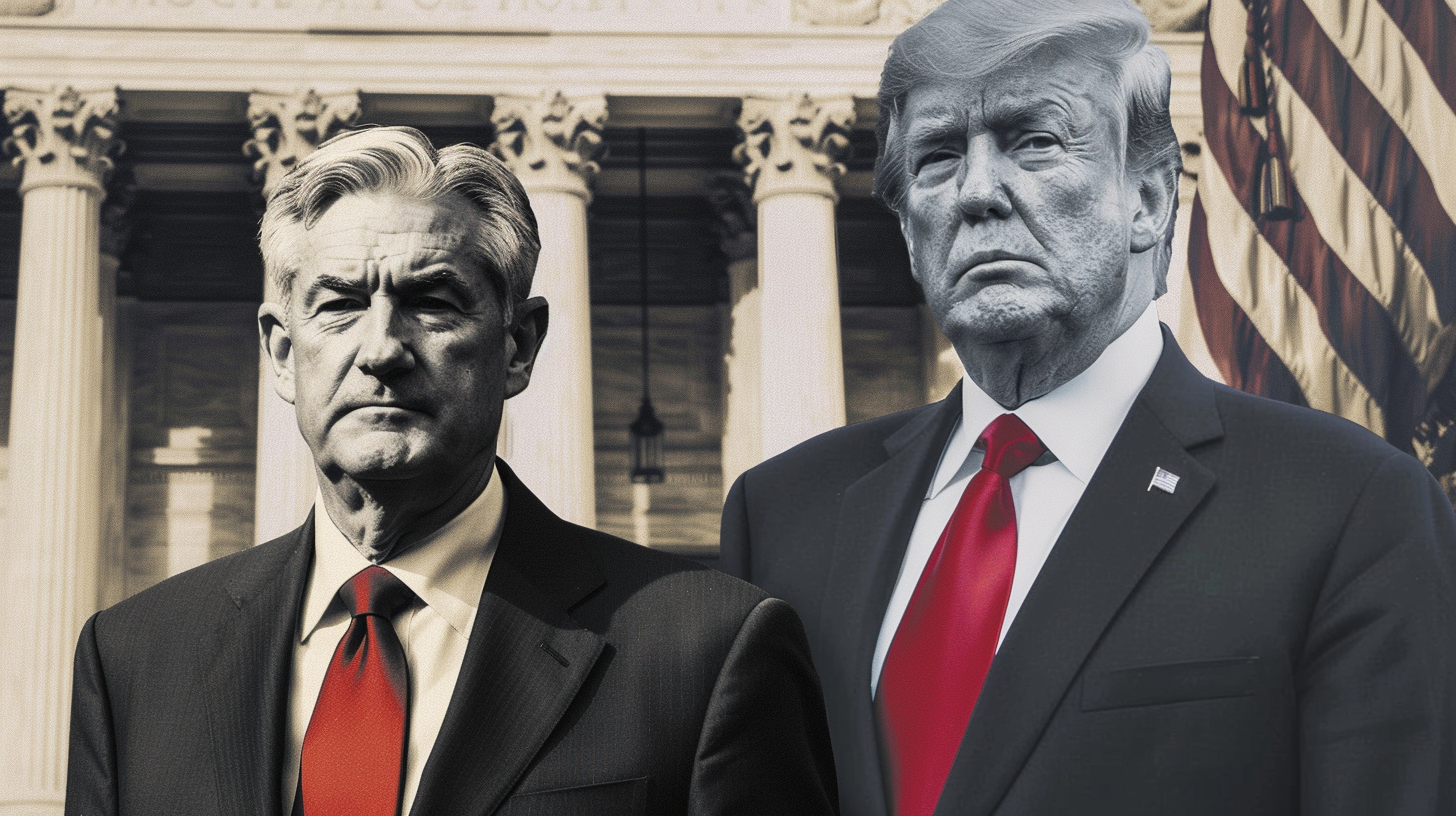A Recovery Without Government: The Forgotten Depression (Audio)
Mises Weekends shared James Grant’s recent speech about his new book The Forgotten Depression. Mises Institute President Jeff Deist introduced Grant:
[His book] chronicles the so-called ‘forgotten depression’ of 1920 and 1921 under the then Warren G. Harding administration. The reason it’s called the forgotten depression is because it was mercifully short… The Federal government and the young-ish Federal Reserve did the opposite of what they did during the more recent 2008 crash, which is to say they applied real austerity. The Federal government cut spending, it balanced budgets, and the Fed allowed interest rates to rise. As a result, the depression of 1920 and 1921 is but a footnote in history…”
Highlights from Grant’s speech:
“Once upon the time, in the early 20th century, there was a deflationary depression. Unemployment reached double digits, the Dow was sawed in half, industrial production plunged, and farm incomes dittos… [It lasted 18 months] and then it ended. Why? That is the great question. If government must intervene, must stimulate, why did this affair ever come to a conclusion? The fiscal response to it was to balance the budget. The monetary response was high interest rates, not none… It was Hayek’s price mechanism that provided the economic healing…
“Back in 2008, the so-called Great Depression of the 1930s seemed to monopolize the market in historical analogy. As far as I know, not one person in a position of political authority invoked the episode in which there was no stimulus. Quite on the contrary. The methods of macro-economy medieval torture, as the mainstream might interpret them, those methods were employed. Yet the depression ended and the ‘20s roared. You might say 1921 was a long time ago… So was 1931… I submit that in respect to the study of economic history, the ‘20s are just as deserving as the decade that followed…
“The 1930s did no honor to American public policy. Monetary manipulation, heavy taxation, punitive regulation, fiscal stimulus, and persistently low interest rates failed to restore the Harding-Coolidge prosperity. So I turned my attention to the decade that did roar…
“Ninety-five years ago, the dollar was defined as thing, as a weight of gold, as a corporeal unit. And the shareholders of a nationally-chartered bank were responsible for the solvency of the institution in which they held a fractional interest. Meaning that if their bank failed, or became impaired, they got a capital call…
“The abstraction that we moderns call ‘the economy’ had not yet been contrived, conceived. People spoke of good times and bad times, but not of a thing that could be measured, let alone managed or controlled…
“It was our last such episode in which the government did not play anything like an active role. I hold it up for you as a splendid example of what can happen in times of untended, un-manipulated markets. To emphasize, there was plenty of suffering. The people who lived through it did not feel it was so very keen, and indeed, nine years later, when it came time to reckon the policy response to what would become the Great Depression, people ran away from what we might take to be the lessons from 1921. But such is human experience. We keep on stepping on the same rakes…
“Hayek is a name that ought to be invoked here… I will close with the observation that what was conspicuously absent in 1921 was the conceit of people who felt they new the future before it could happen. There was plenty of speculative star-gazing, plenty of guesswork about the future, but there was very sure cock-sure policy making based upon conceptions – we call them models – of how the future ought to unfold. It presents quite a contrast to the present day…
“The economy. A thing we can’t taste, see, or smell, but which we somehow believe to be real. That is only a concept. It doesn’t actually exist. Neither does the future exist. So the next time you hear someone dilating on the future of the GDP, I want you to walk out of the room…”
Get Peter Schiff’s latest gold market analysis – click here – for a free subscription to his exclusive weekly email updates.
Interested in learning more about physical gold and silver?
Call 1-888-GOLD-160 and speak with a Precious Metals Specialist today!



 Beneath the veneer of headline job gains, the American economy teeters on the brink: native employment dwindles as part-time and immigrant jobs surge. Government hiring camouflages looming recession warnings. Inflation and political blunders worsen the crisis, fueling public outrage at the establishment’s mishandling of the economy.
Beneath the veneer of headline job gains, the American economy teeters on the brink: native employment dwindles as part-time and immigrant jobs surge. Government hiring camouflages looming recession warnings. Inflation and political blunders worsen the crisis, fueling public outrage at the establishment’s mishandling of the economy. On April 5 1933, Franklin D. Roosevelt abandoned the gold standard, wielding questionable legal power amidst America’s dire economic depression. His whimsical approach to monetary policy, including coin flips and lucky numbers, unleashed unprecedented inflation and price increases that have since amounted to nearly 2500%. Our guest commentator explores this tragic history and the legacy […]
On April 5 1933, Franklin D. Roosevelt abandoned the gold standard, wielding questionable legal power amidst America’s dire economic depression. His whimsical approach to monetary policy, including coin flips and lucky numbers, unleashed unprecedented inflation and price increases that have since amounted to nearly 2500%. Our guest commentator explores this tragic history and the legacy […] Welcome to the world of modern economics where the term “inflation” no longer signifies the increase in the quantity of money, but has evolved into a plethora of buzzwords. From “shrinkflation” to “greedflation,” these new terms and semantic shifts are by no means harmless but a manipulation of popular sentiment. Von Mises said they play […]
Welcome to the world of modern economics where the term “inflation” no longer signifies the increase in the quantity of money, but has evolved into a plethora of buzzwords. From “shrinkflation” to “greedflation,” these new terms and semantic shifts are by no means harmless but a manipulation of popular sentiment. Von Mises said they play […] Assuming CPI measurements are not understatements, the dollar’s value has plummeted by a staggering one-fifth since 2020, yet, rather than acknowledging its role in fueling this economic turmoil, the Biden administration deflects, casting capitalism and corporate greed as the villains. The latest February CPI data show more signs of the upcoming inflation bloodbath.
Assuming CPI measurements are not understatements, the dollar’s value has plummeted by a staggering one-fifth since 2020, yet, rather than acknowledging its role in fueling this economic turmoil, the Biden administration deflects, casting capitalism and corporate greed as the villains. The latest February CPI data show more signs of the upcoming inflation bloodbath. The Federal Reserve is often viewed as a neutral guardian of the economy, tasked with safeguarding employment and ensuring stable prices. However, the Fed is run by individuals who, like anyone else, are swayed by certain motivations. Do the people behind the Fed truly have the incentive to remain impartial? Our guest commentator demystifies the […]
The Federal Reserve is often viewed as a neutral guardian of the economy, tasked with safeguarding employment and ensuring stable prices. However, the Fed is run by individuals who, like anyone else, are swayed by certain motivations. Do the people behind the Fed truly have the incentive to remain impartial? Our guest commentator demystifies the […]
Leave a Reply